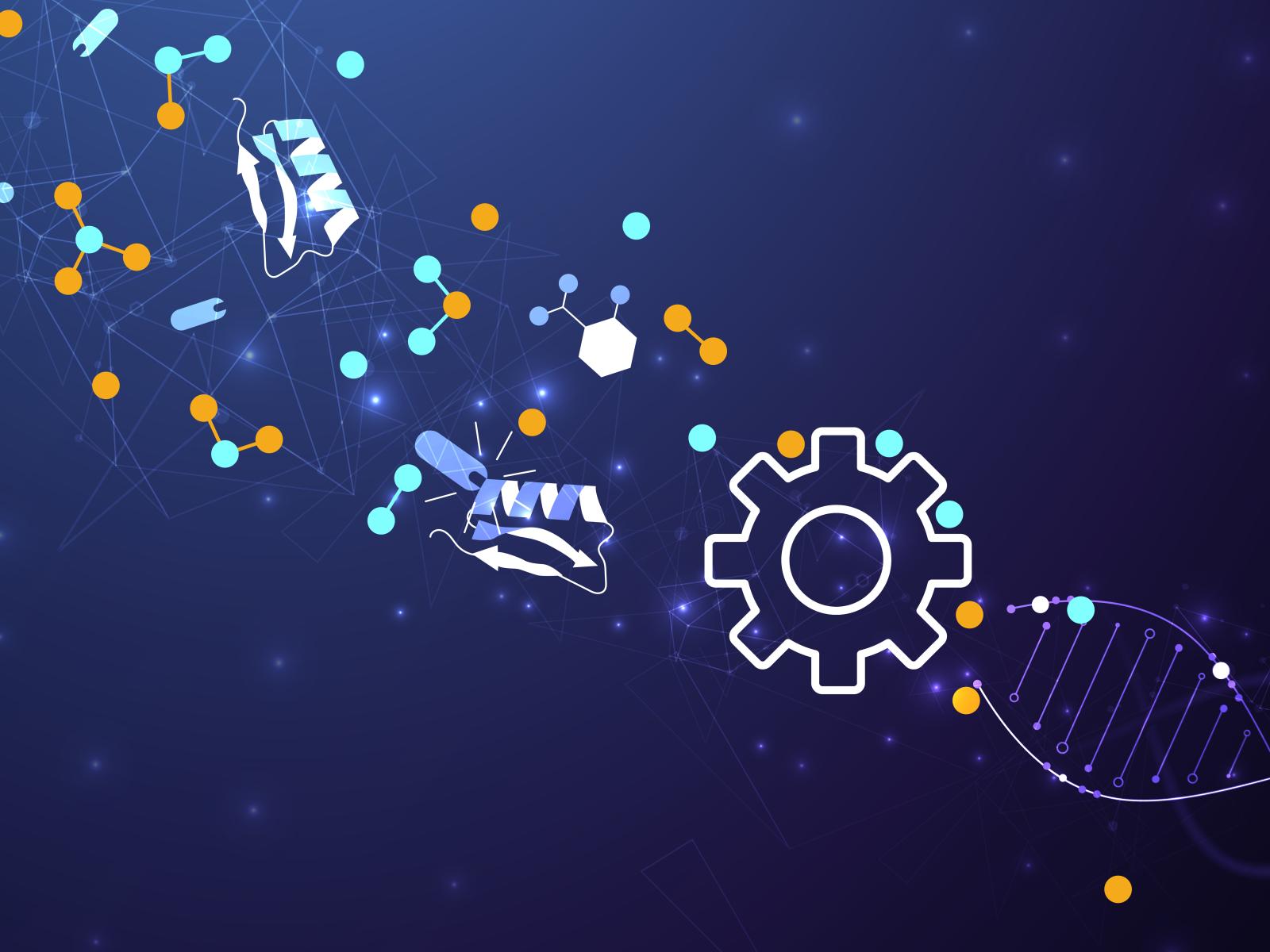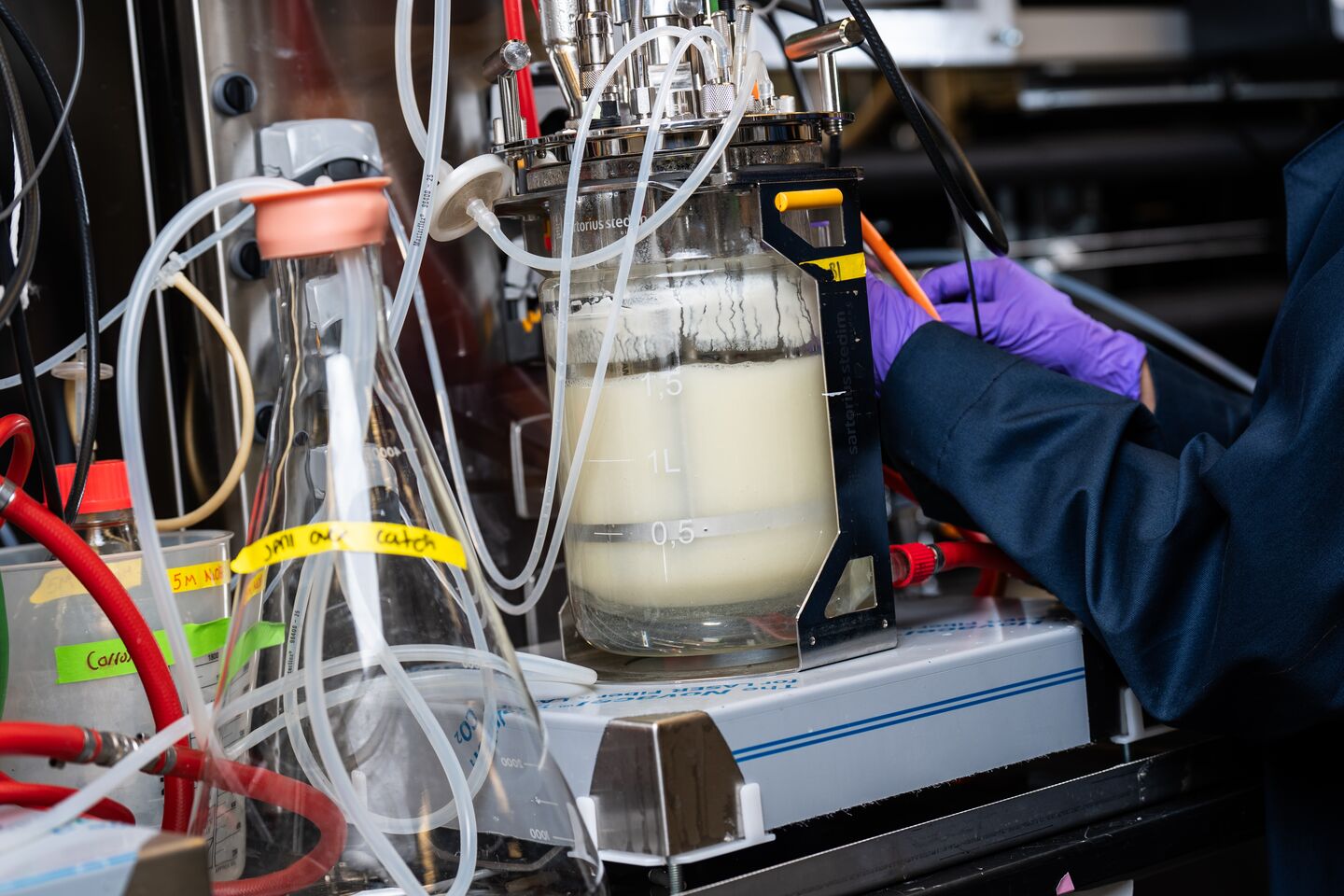
Predictive Phenomics
Predictive Phenomics
Predictive Phenomics will address the grand challenge of understanding and predicting phenotype by identifying the molecular basis of function and enable function-driven design and control of biological systems.

Illustration by Stephanie King

Related Divisions
In the News
January 16, 2026
Selective Targeting of Triglycerides and Ceramides Prevents MERS-CoV Replication
November 17, 2025
Scientists Identify Two Key Targets of Common Cold Virus
September 23, 2025
At PNNL, AI Is Accelerating the U.S. Bioeconomy
September 3, 2025
Scientists Probe Powerful Molecular Messaging System That Goes Beyond DNA
April 30, 2025
PNNL Hosts Inaugural Conference on Predictive Phenomics
April 8, 2025
Disturbed Sleep Cycle Propels Cyanobacteria Into Surprising Burst of Productivity
April 7, 2025
PNNL Life Scientists Are Pioneering Predictive Phenomics
March 25, 2025
Unseen Forces: How Scientists Map the Invisible Interactions of Life
February 13, 2025
Beyond DNA: How Environments Influence Biology to Make Things Happen
Key Capabilities
Facilities
Related Links
Lab-Level Communications Priority Topics
Predictive Phenomics
